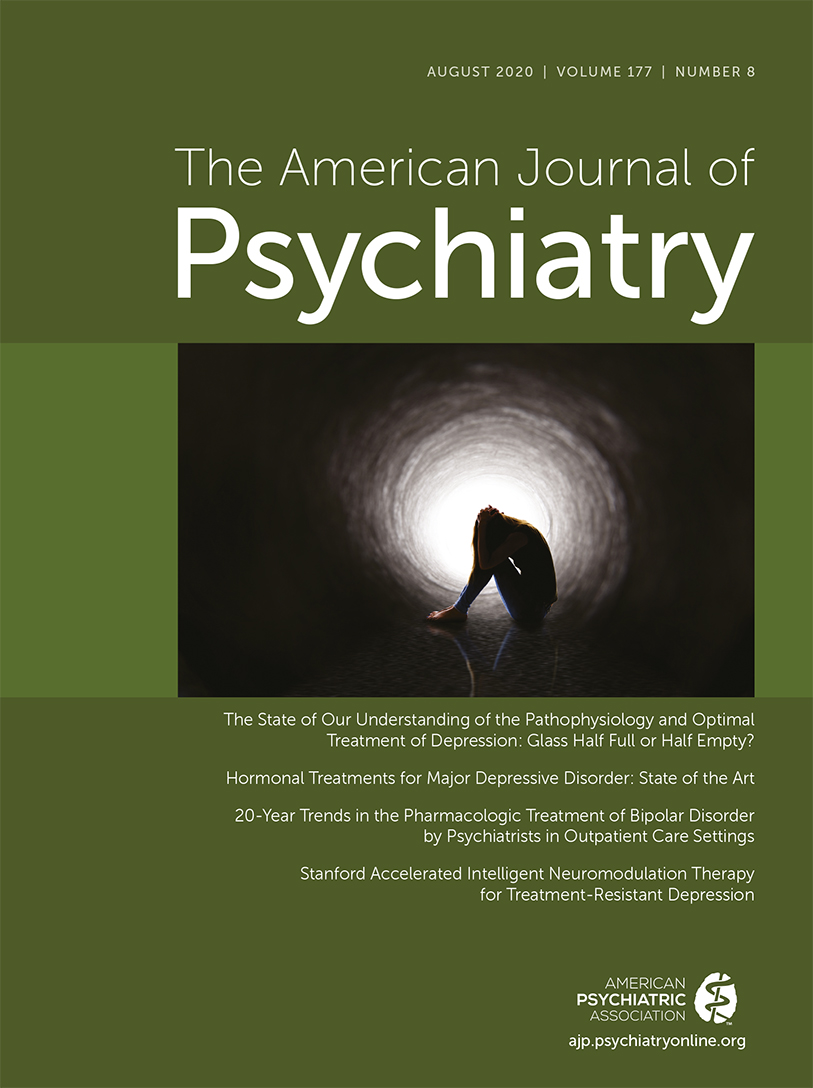Reassessing Mental Health Treatment Utilization Reduction in Transgender Individuals After Gender-Affirming Surgeries: A Comment by the Editor on the Process
On October 4, 2019, we published an article by Bränström and Pachankis in which it was reported that observed reductions in mental health treatment utilization lent support to the decision to provide gender-affirming surgeries to those who seek them (1). After this article’s publication, we received several letters calling into question the statistical analyses employed and the conclusions drawn from said analyses. These letters follow this comment (2–8).
We enlisted the services of a statistical reviewer to look again at the article as well as the letters we received. We then sent the letters we received and the results of this statistical review, which called for a matched-pairs analysis, to the original authors. The study authors complied with the request to perform an additional analysis, as presented in their letter response (9).
We sent the original letters, statistical review, and author response to a second statistical reviewer. The response from this consultation convinced us that, given that the study used neither a prospective cohort design nor a randomized controlled trial design, the conclusion that “the longitudinal association between gender-affirming surgery and reduced likelihood of mental health treatment lends support to the decision to provide gender-affirming surgeries to transgender individuals who seek them” was too strong. In the August 2020 issue of the Journal, we are publishing a correction to this effect and including an addendum to the article pointing to this postpublication discussion and process, both of which were composed with contributions and approval from the original article authors.
We thank the letter writers, statistical reviewers, and the original study authors—as well as the editorialist we invited to place this study’s findings in context (10)—for helping us to make clear to our readers and for the literature what the article shows and what still remains to be investigated in future research.
1 : Reduction in mental health treatment utilization among transgender individuals after gender-affirming surgeries: a total population study. Am J Psychiatry 2020; 177:727–734Google Scholar
2 : Methodological shortcomings undercut statement in support of gender-affirming surgery (letter). Am J Psychiatry 2020; 177:764–765Google Scholar
3 : Gender-affirmation surgery conclusion lacks evidence (letter). Am J Psychiatry 2020; 177:765–766Google Scholar
4 : Study of transgender patients: conclusions are not supported by findings (letter). Am J Psychiatry 2020; 177:766Google Scholar
5 : Calling into question whether gender-affirming surgery relieves psychological distress (letter). Am J Psychiatry 2020; 177:766–767Google Scholar
6 : The effect of gender-affirming treatment on psychiatric morbidity is still undecided (letter). Am J Psychiatry 2020; 177:767–768Google Scholar
7 : Gender-corrective surgery promoting mental health in persons with gender dysphoria not supported by data presented in article (letter). Am J Psychiatry 2020; 177:768Google Scholar
8 : Confounding effects on mental health observations after sex reassignment surgery (letter). Am J Psychiatry 2020; 177:768–769Google Scholar
9 : Toward rigorous methodologies for strengthening causal inference in the association between gender-affirming care and transgender individuals’ mental health: response to letters (letter). Am J Psychiatry 2020; 177:769–772Google Scholar
10 : Mental health treatment utilization in transgender persons: what we know and what we don’t know (editorial). Am J Psychiatry 2020; 177:657–659Google Scholar



